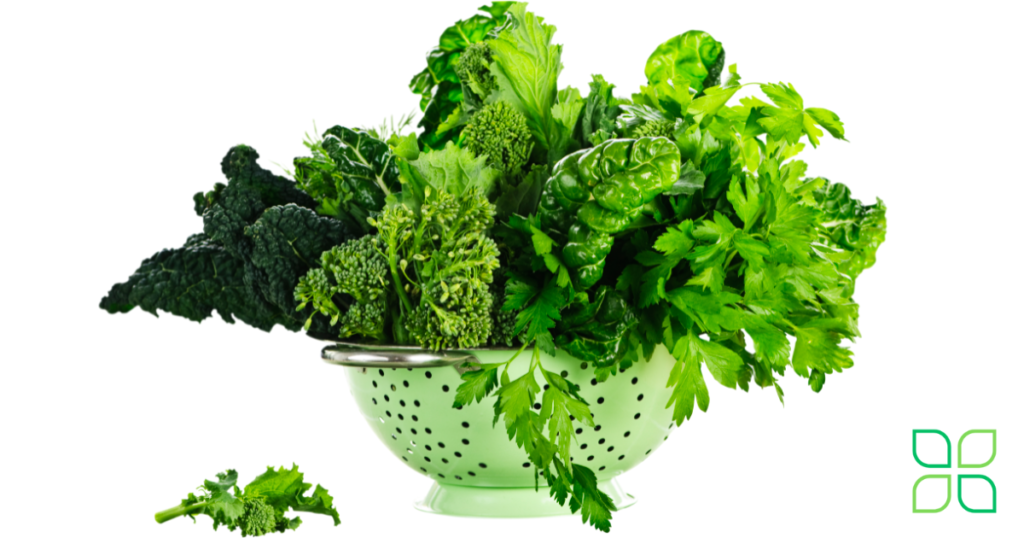The Cardiovascular Benefits of Carotenoids
In today’s health-conscious world, the focus on diet and nutrition is more crucial than ever, especially when it comes to cardiovascular health. Among the many nutrients that play a role in maintaining a healthy heart, carotenoids stand out for their numerous benefits. These naturally occurring pigments found in plants are not only responsible for the vibrant red, orange, and yellow hues in many fruits and vegetables but also offer a wealth of health benefits, particularly for the heart.

What Are Carotenoids?
Carotenoids are a class of phytonutrients that are highly pigmented and found in a wide array of plants. They are divided into two primary categories: carotenes and xanthophylls. Carotenes, such as beta-carotene and lycopene, are purely hydrocarbons and are typically orange or red. Xanthophylls, such as lutein and zeaxanthin, contain oxygen and are usually yellow.
These compounds are not only crucial for plant health but also play a significant role in human health. They act as antioxidants, help in the synthesis of vitamin A, and are linked to numerous health benefits, particularly in reducing the risk of various chronic diseases.
Understanding the Cardiovascular Benefits
Antioxidant Properties

One of the primary ways carotenoids benefit the cardiovascular system is through their antioxidant properties. Antioxidants are compounds that help neutralize free radicals in the body, which can cause oxidative stress and damage cells, leading to chronic inflammation and contributing to heart disease. Studies have shown that carotenoids like beta-carotene, lycopene, and lutein can significantly reduce oxidative stress, thereby protecting the heart and blood vessels.
Reducing Bad Cholesterol Levels
High levels of LDL (low-density lipoprotein) cholesterol are a major risk factor for heart disease. Carotenoids, especially lycopene, have been shown to lower LDL cholesterol levels. A study published in the American Journal of Clinical Nutrition found that higher intake of lycopene-rich foods was associated with a 17% reduction in LDL cholesterol levels among participants.
Improving Blood Pressure
Hypertension, or high blood pressure, is a significant risk factor for cardiovascular disease. Carotenoids can help in managing blood pressure levels. Research indicates that carotenoids like beta-carotene and lutein contribute to better blood pressure regulation. They improve endothelial function, which is crucial for maintaining the elasticity and health of blood vessels.

Decreasing Inflammation
Chronic inflammation is a known contributor to cardiovascular disease. Carotenoids have anti-inflammatory properties that can help reduce inflammation markers in the body. For instance, a study published in the Journal of Nutrition highlighted that higher plasma concentrations of carotenoids were associated with lower levels of inflammatory markers like C-reactive protein (CRP).
Carotenoid-Rich Foods for Heart Health
Tomatoes and Tomato Products
Tomatoes are an excellent source of lycopene, a carotenoid known for its heart-protective properties. Consuming tomato products such as tomato juice, sauces, and pastes can significantly increase your intake of lycopene. Research suggests that a daily intake of 25 mg of lycopene can reduce cholesterol levels and improve cardiovascular health.
Carrots
Carrots are rich in beta-carotene, which is converted into vitamin A in the body. Regular consumption of carrots can help reduce the risk of cardiovascular disease by lowering oxidative stress and improving lipid profiles. Consider adding raw carrots to salads or snacking on carrot sticks with hummus for a heart-healthy snack.
Leafy Greens
Leafy greens, such as spinach and kale, are high in lutein and zeaxanthin. These carotenoids not only support eye health but also have been shown to improve arterial health and lower cholesterol levels. Incorporate leafy greens into your diet through smoothies, salads, and side dishes to maximize their benefits.

Sweet Potatoes
Sweet potatoes are another excellent source of beta-carotene. They are low in calories but rich in nutrients, making them an ideal choice for those looking to improve heart health. Baking or roasting sweet potatoes preserves their nutrient content while providing a sweet and satisfying component to any meal.
How to Incorporate Carotenoids into Your Diet
Focus on a Colorful Plate
To ensure a healthy intake of carotenoids, aim to fill half your plate with fruits and vegetables that are rich in color. The more vibrant your plate, the more likely you are to consume an array of carotenoids. Incorporate a variety of colorful produce into each meal to benefit from a broad spectrum of nutrients.
Cook with Healthy Fats
Carotenoids are fat-soluble, meaning they are better absorbed in the presence of dietary fat. Cooking vegetables in healthy fats such as olive oil or adding avocados to salads can enhance the absorption of carotenoids, ensuring that your body benefits fully from their intake.
Consider Supplements
While it is best to obtain nutrients from whole foods, supplements can be useful for those who struggle to consume enough carotenoid-rich foods. Look for one that has multi-carotenoids in them and is of the highest quality. However, it’s important to consult with a healthcare professional before starting any supplement regimen to ensure it meets your individual health needs. You can find the best multi-carotenoid supplement that we could find with the highest quality ingredients HERE.

Conclusion
Carotenoids are powerful allies in the quest for better cardiovascular health. Through their antioxidant properties, ability to lower cholesterol, and anti-inflammatory effects, they play a crucial role in protecting the heart and maintaining overall health. By incorporating a variety of carotenoid-rich foods into your diet, you can naturally support your cardiovascular system and reduce the risk of heart disease. Remember, a vibrant and colorful diet is not just pleasing to the eye but also a critical step toward a healthier heart.
